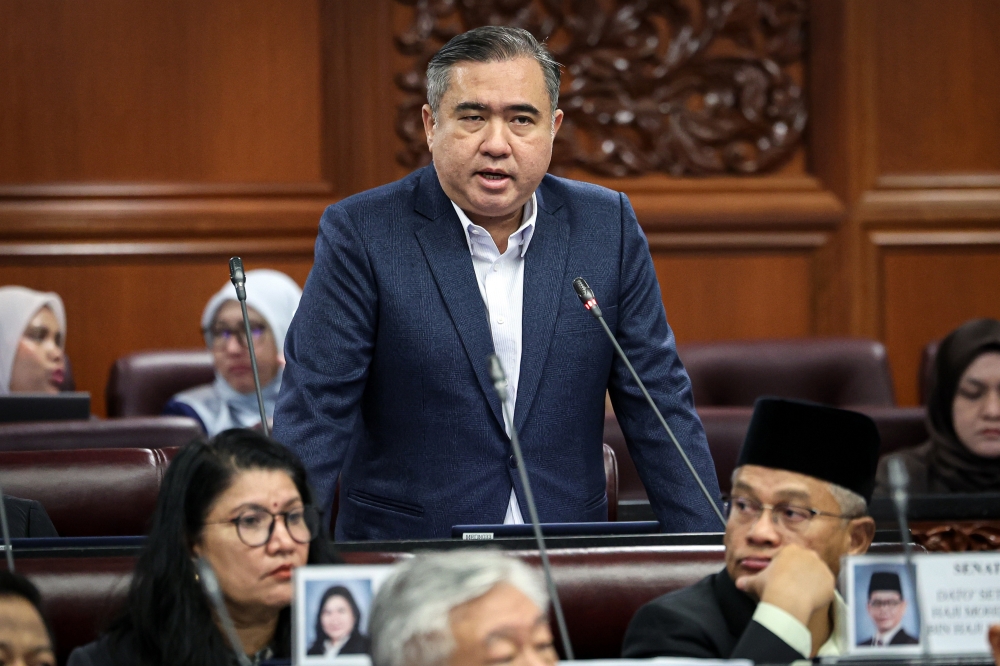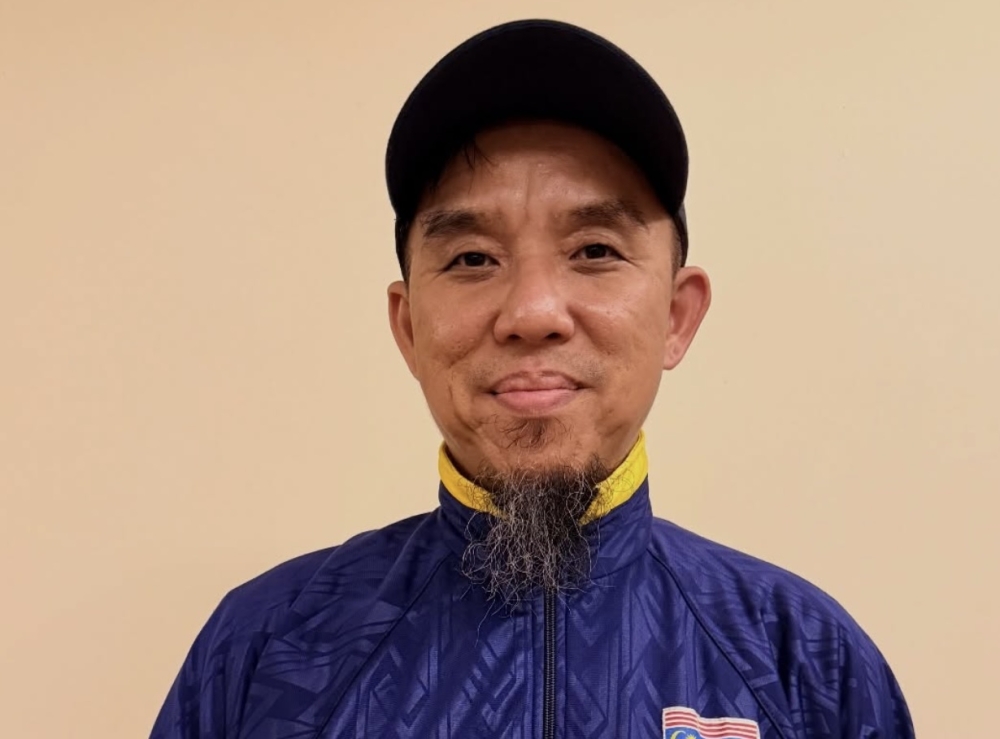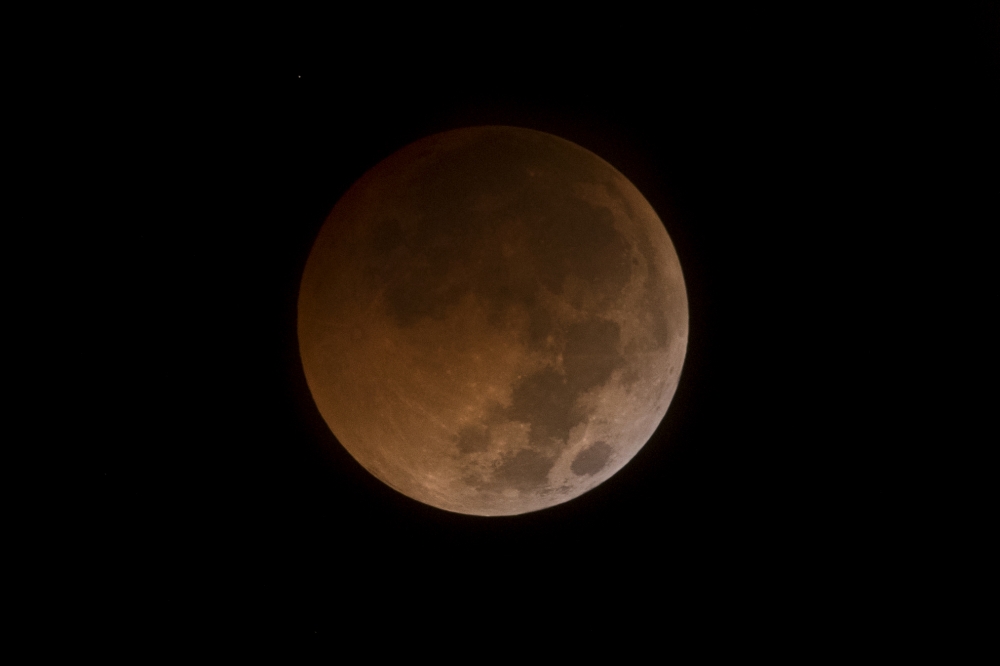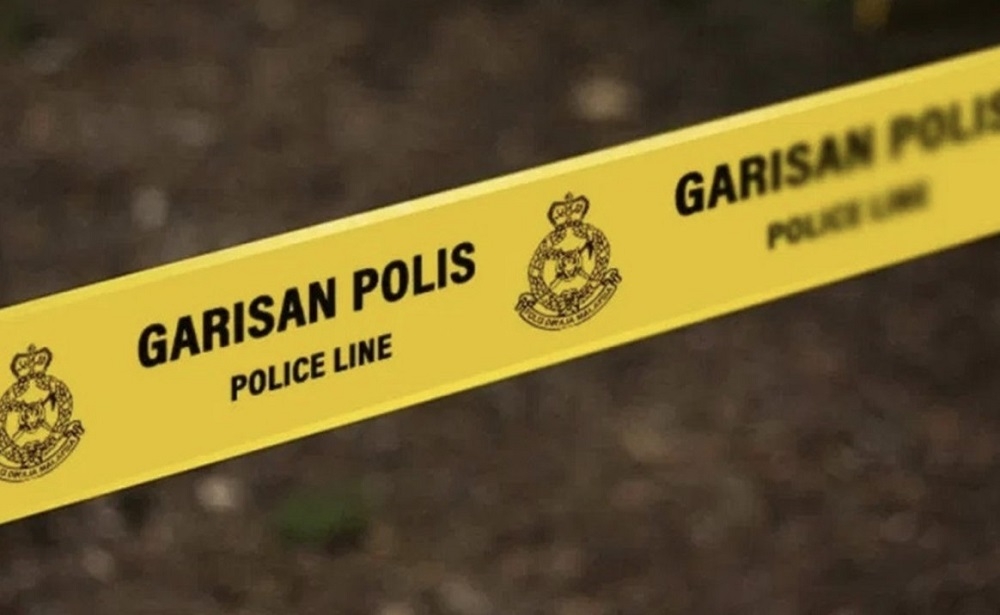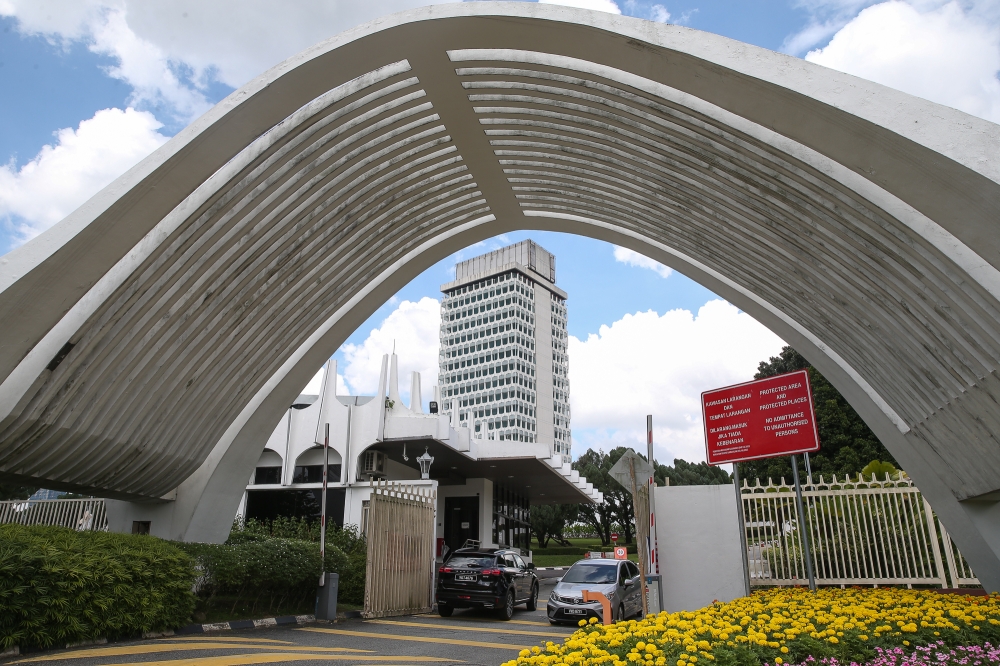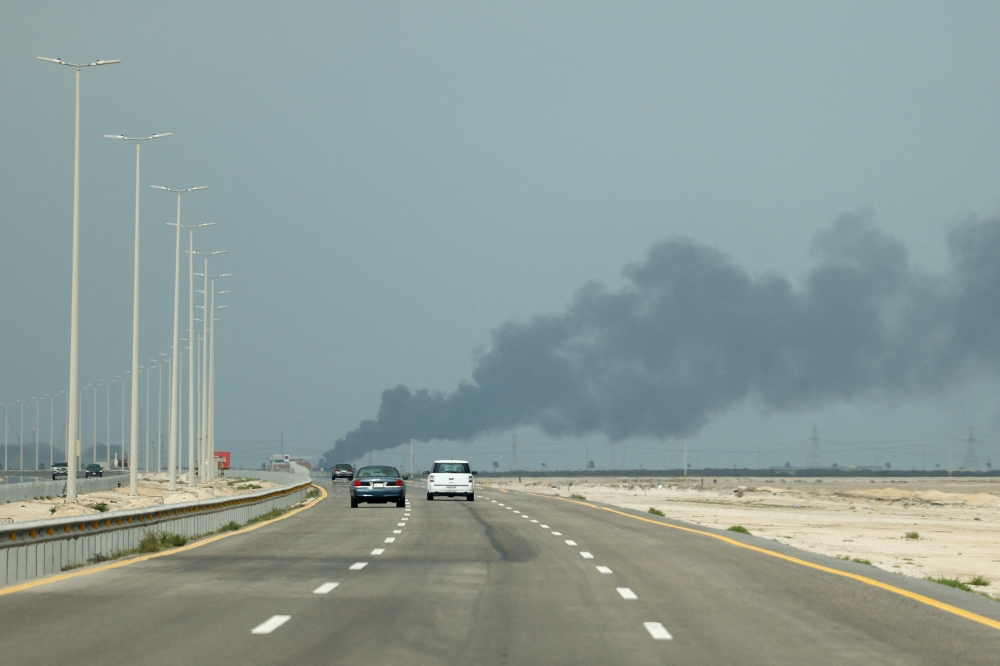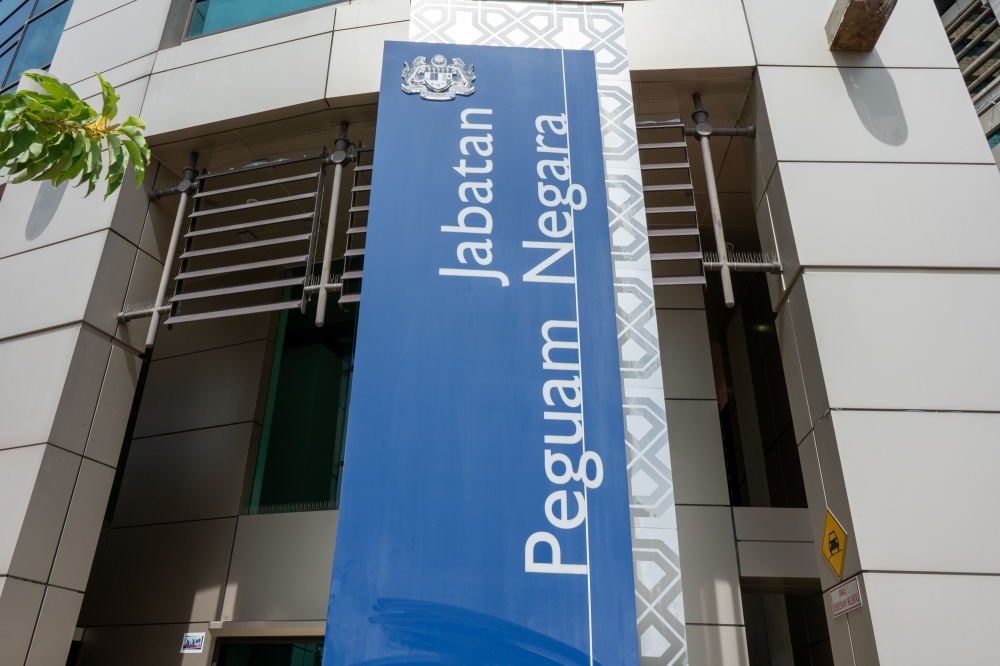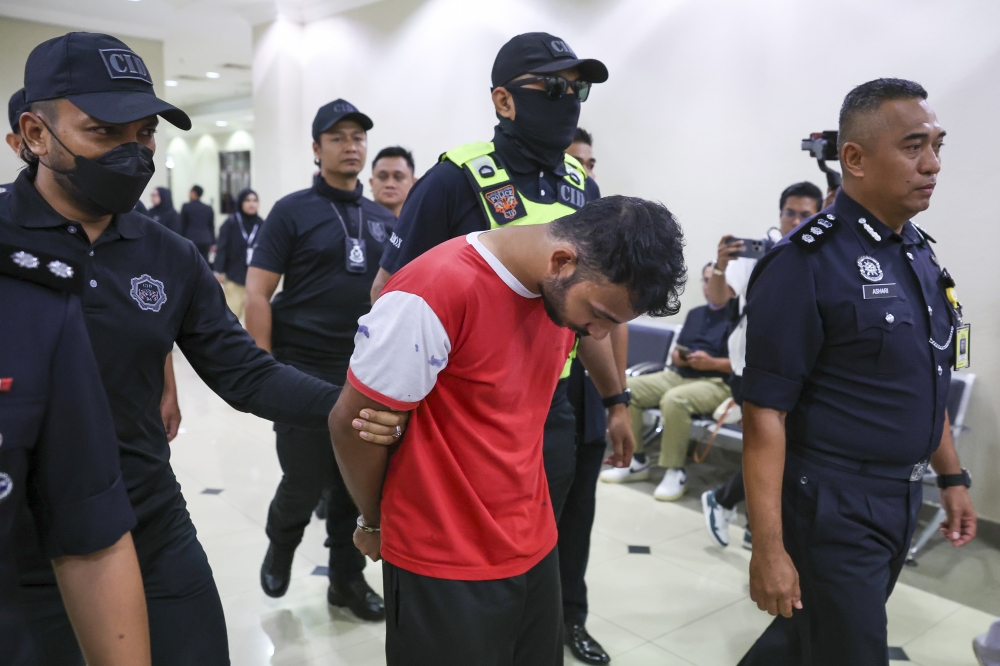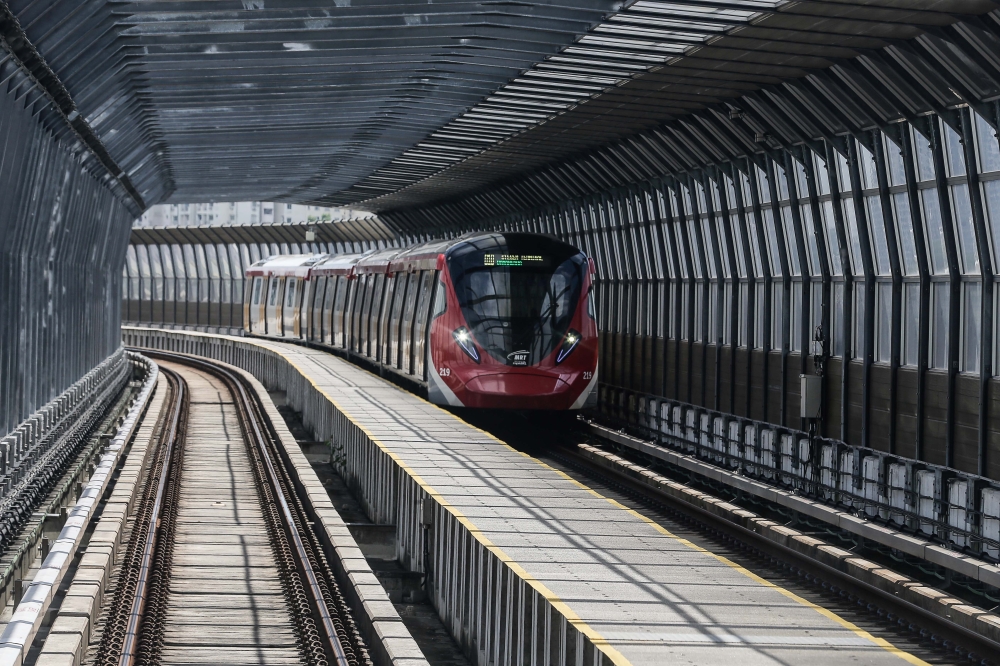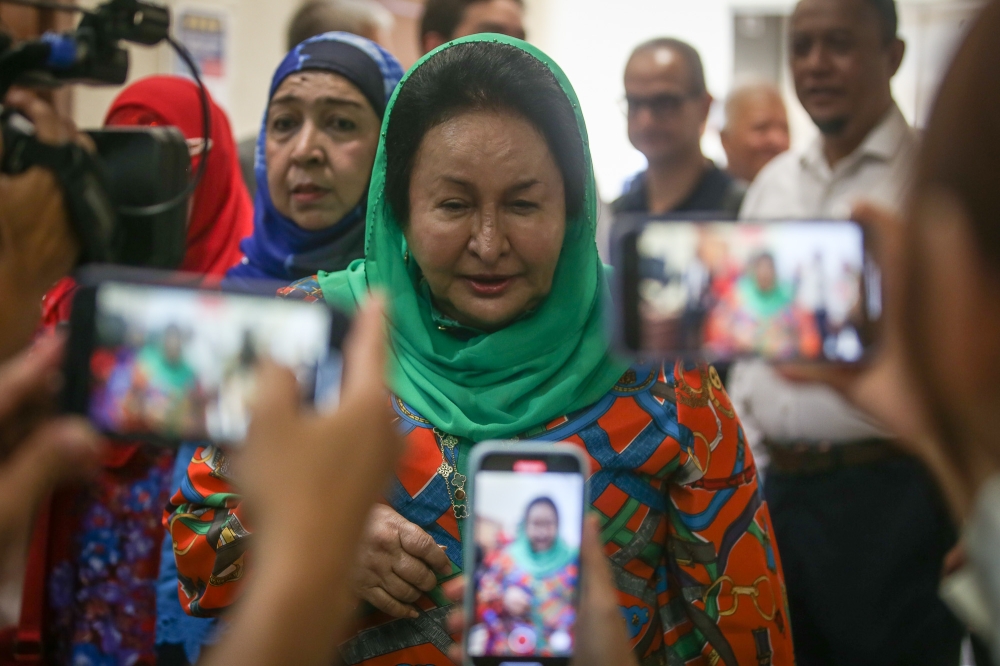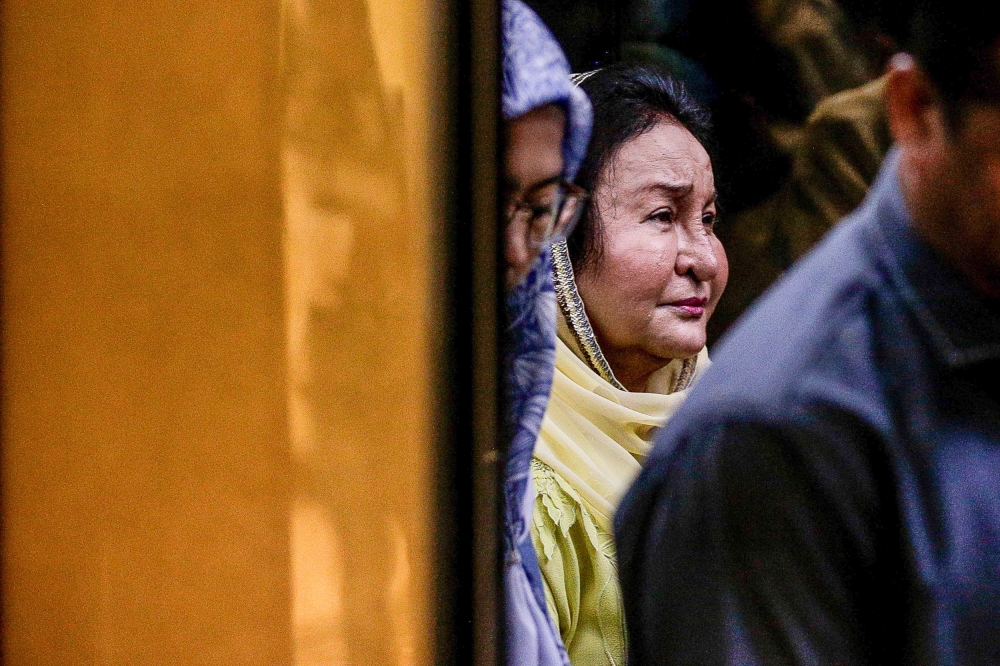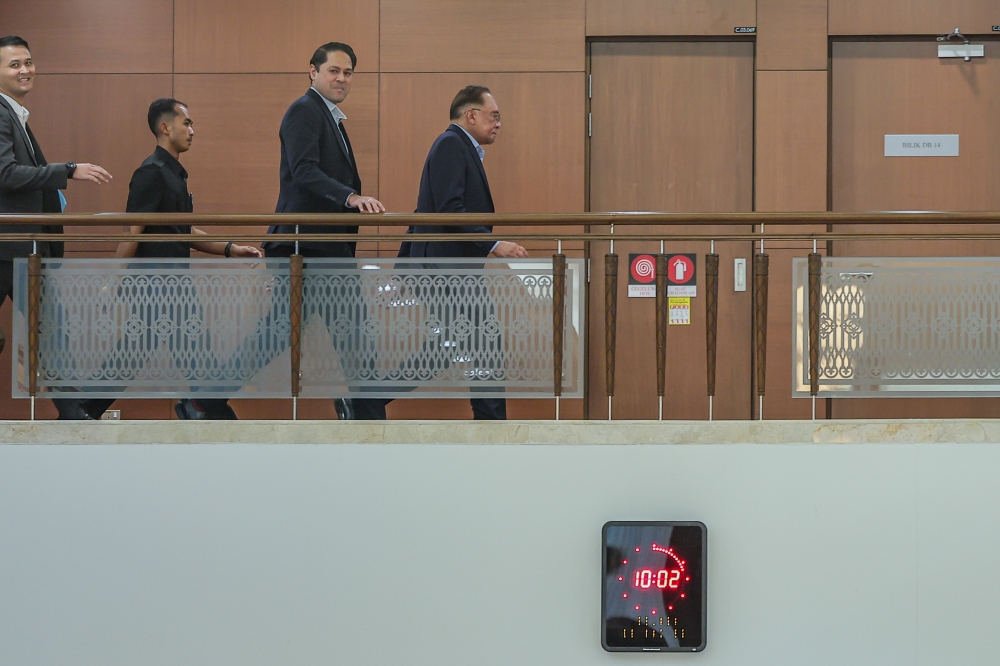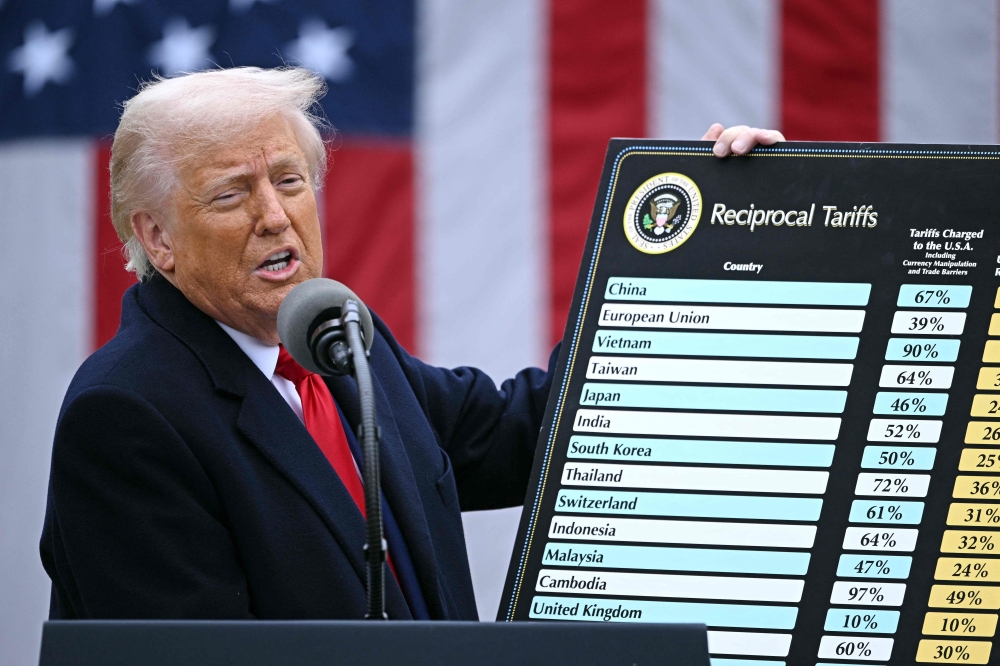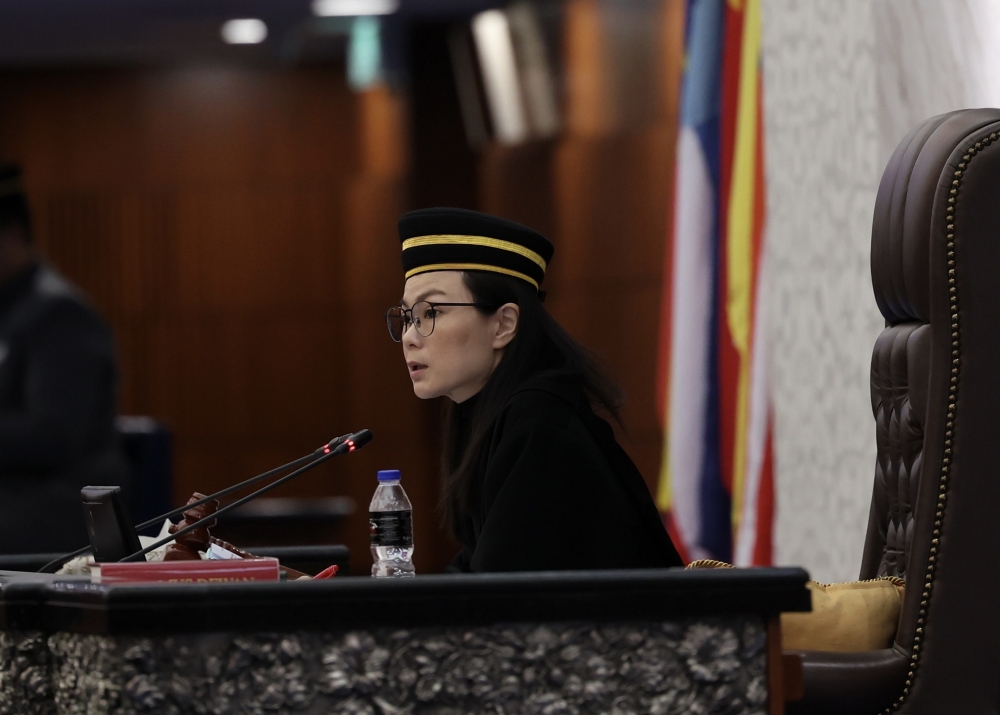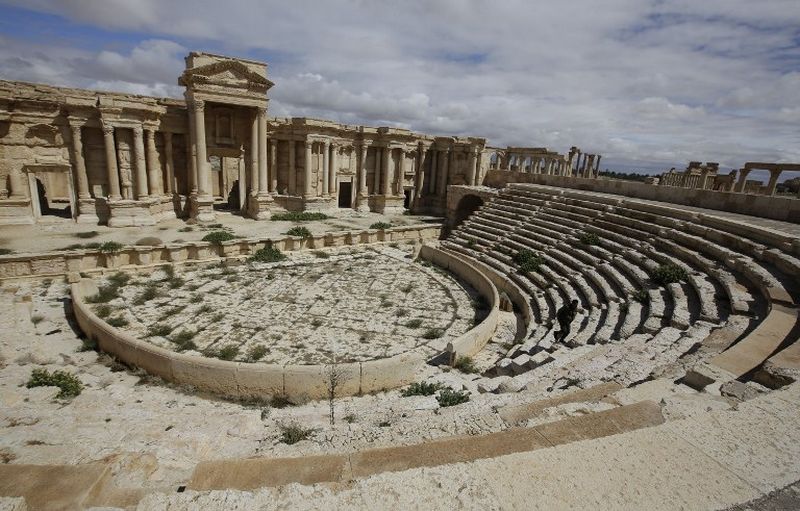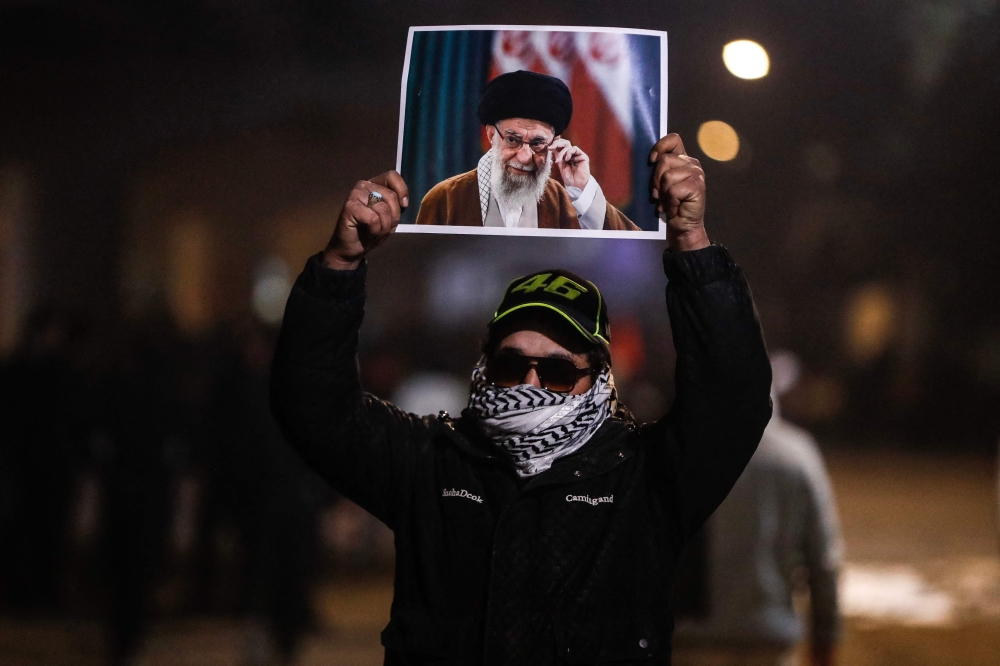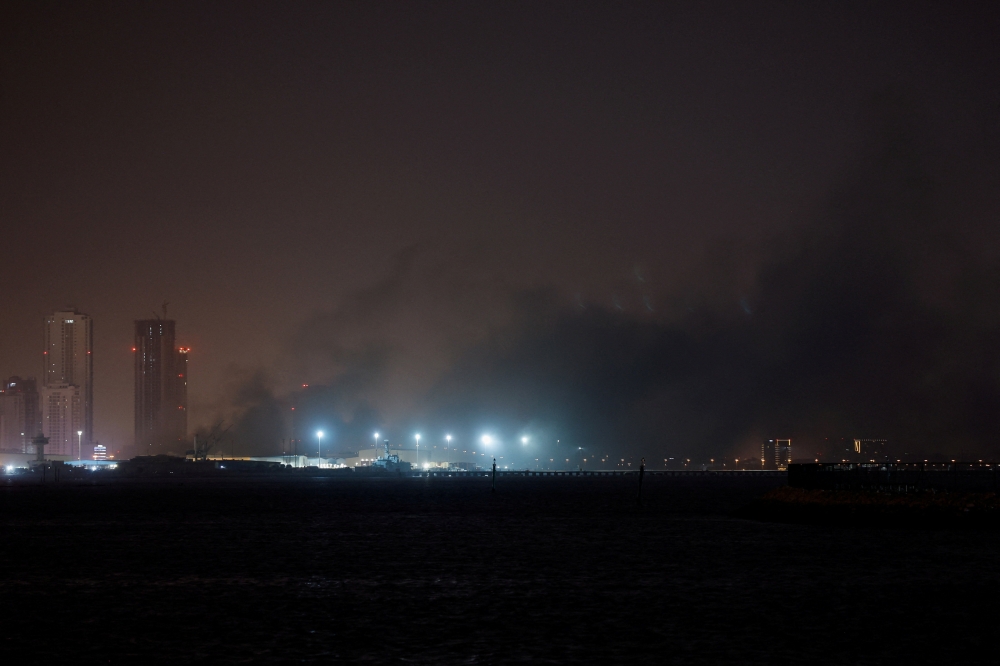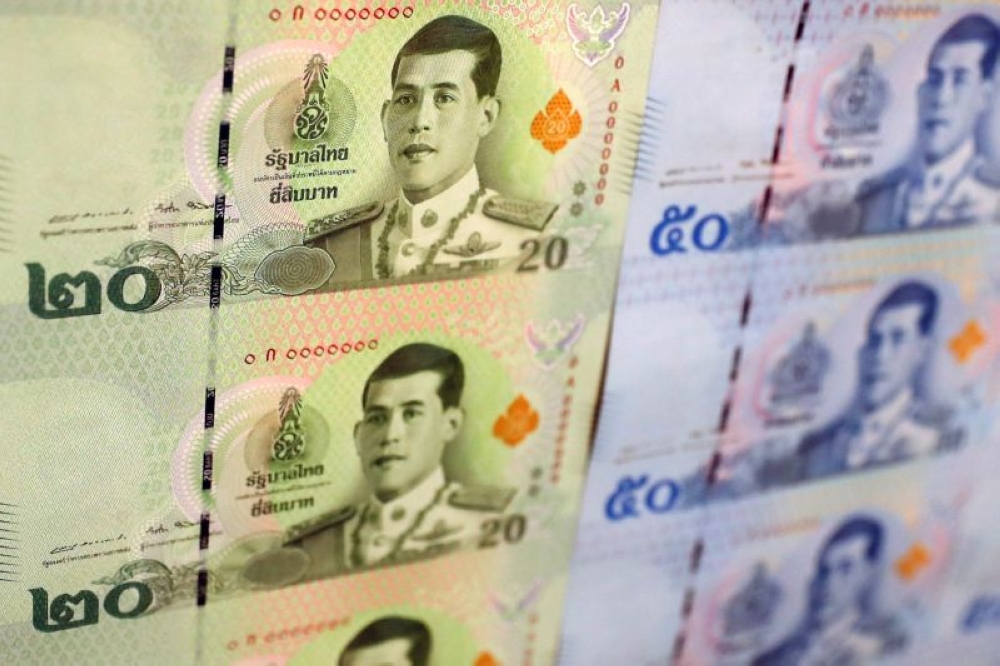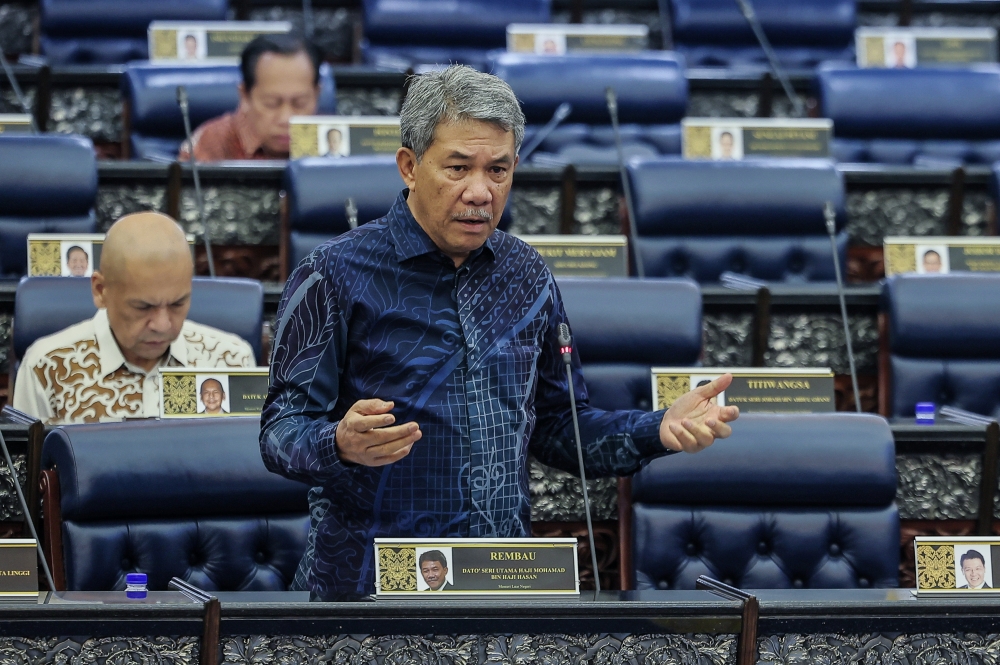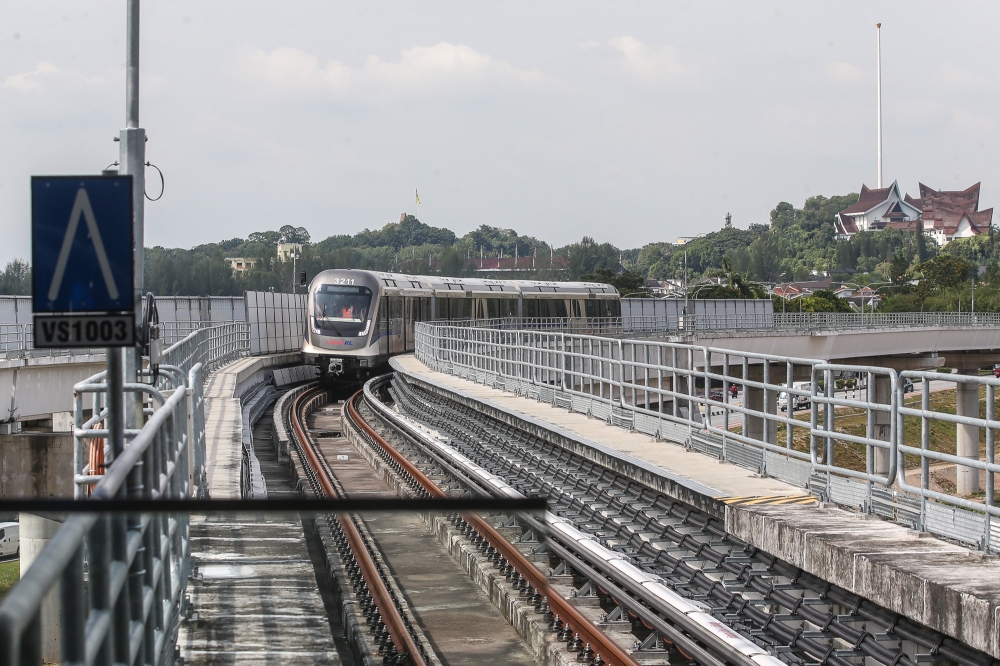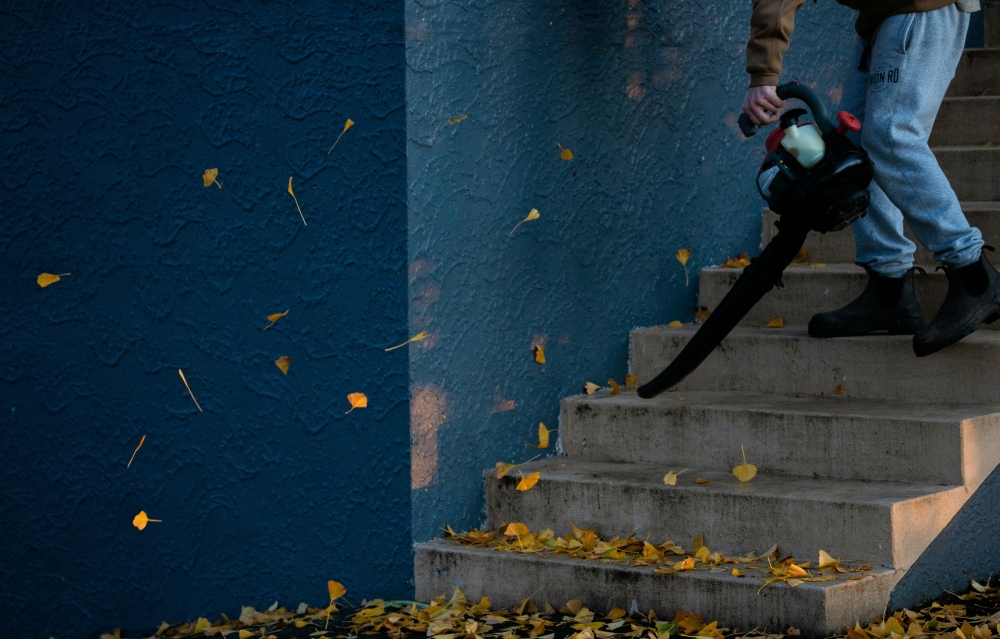BEIRUT, May 16 ― Extremists from the Islamic State jihadist group executed at least 23 civilians yesterday as they advanced towards Syria's ancient desert metropolis of Palmyra, a monitoring group said.
The Syrian Observatory for Human Rights said nine children were among the 23 shot dead by IS militants near the UNESCO world heritage site.
“The Islamic State group executed by gunfire 23 civilians, including nine children, in the village of Amiriyeh, north of Tadmor,” Observatory chief Rami Abdel Rahman told AFP.
Palmyra, which means City of Palms, is known in Arabic as Tadmor, or City of Dates.
Abdel Rahman said family members of government employees were among those murdered.
As the Britain-based Observatory reported the militants had advanced to within a kilometre (less than a mile) of Palmyra, UNESCO chief Irina Bokova said the world body was “very worried”.
“It is our responsibility to alert the (UN) Security Council so that it will take strong decisions” to protect the famed 2,000-year-old desert oasis site featuring Roman colonnades and an impressive necropolis, she said in Lebanon.
IS would see such cultural treasures as targets, after the group was filmed destroying the Iraqi archaeological sites of Nimrud and Hatra.
Bokova said it was important to work “against extremism, against this strategy of eradicating... our collective memory”, referring to IS destruction of archaeological treasures in Iraq and Syria.
Syria's opposition National Coalition said IS would be committing “a crime against civilisation” by destroying Palmyra, and accused the regime of not doing enough to protect the ancient city.
Syria's army sent reinforcements to Palmyra yesterday.
“The army is bombing the surroundings of Tadmor from the air,” said Abdel Rahman. “Islamic State group jihadists are now one kilometre” from the ruins.
Situation 'under control'
Since the IS offensive began early Wednesday, more than 138 combatants ― 73 soldiers and 65 jihadists ― have been killed.
Before the latest killings, there were reports of at least 26 civilians executed by IS, including 10 by beheading, for allegedly collaborating with the regime, the Observatory said.
The governor of central Homs province, where Palmyra is located, said the situation was “under control”.
“The army has sent reinforcements and it is bombing the (IS) positions from the air,” Talal Barazi said.
He said the inner city houses about 35,000 people, including displaced Syrians who fled there after their home towns were engulfed in violence, and the suburbs host roughly another 35,000.
Syria's director of antiquities Maamoun Abdelkarim warned that Palmyra's destruction would be “an international catastrophe”, and urged international efforts to protect the site.
Palmyra is nicknamed “the pearl of the desert”, and UNESCO describes it as a heritage site of “outstanding universal value”.
The historical metropolis stood on a caravan route at the crossroads of several civilisations, and its first and second century temples and colonnaded streets mark a unique blend of Greco-Roman and Persian influences.
It also houses a series of old and beautifully decorated tombs.
Since Syria's conflict began four years ago, Palmyra has been looted and its architecture has already been damaged by clashes between rebels and the regime.
IS seizes Ramadi HQ
Across the border in Iraq, meanwhile, IS seized the main government compound in the western city of Ramadi, edging closer to what would be their biggest victory in Iraq this year.
IS “now occupies the government centre in Ramadi and has also raised its flag over the police HQ for Anbar,” a police major told AFP on condition of anonymity.
A statement by the jihadists said IS fighters broke into the government complex and blew up the adjacent buildings of Anbar's governorate and the police headquarters.
Iraq's government said, however, that Ramadi had not fallen yet and announced that a major counter-offensive was under way.
IS already holds Mosul Iraq's second city and the capital of the neighbouring Nineveh province.
Elsewhere yesterday, German Foreign Minister Frank-Walter Steinmeier pledged his country's support for Lebanon which currently hosts more than one million Syrian refugees.
“We will not leave Lebanon alone in a fix,” he said, adding that Germany pays for the schooling of 60 percent of Syrian refugee children in Lebanon.
More than 220,000 people have been killed in Syria and nearly four million forced to flee since the conflict erupted in March 2011 as peaceful anti-government protests that became a civil war. ― AFP

